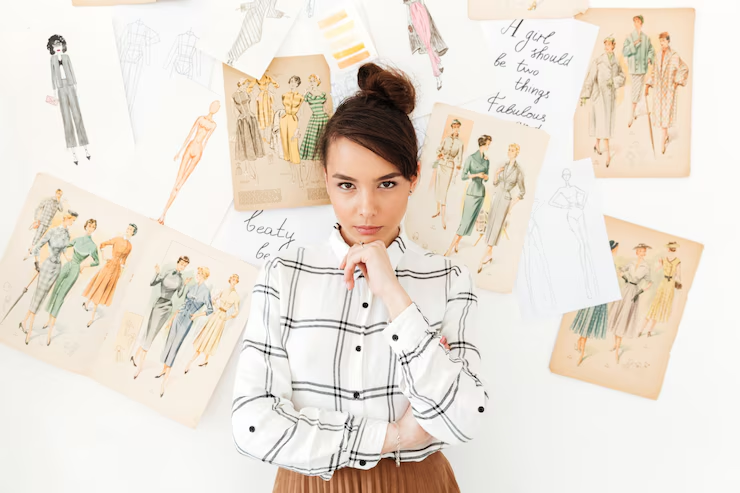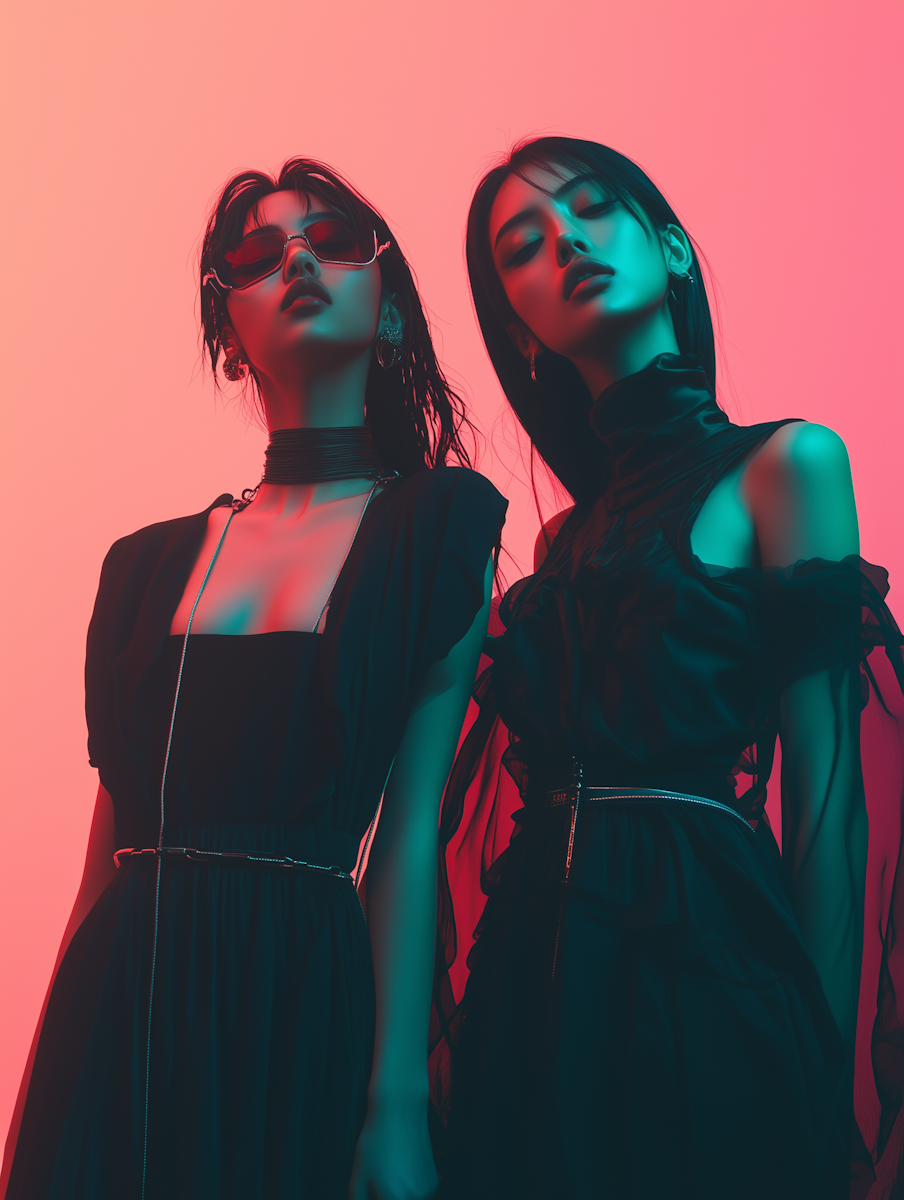Table of contents
When you get dressed in the morning, you’re not just picking out clothes — you’re sending a message to the world. The psychology of fashion reveals that what we wear reflects our mood, personality, values, and even how we want others to perceive us. Fashion is more than fabric; it’s a language, a form of self-expression deeply rooted in human psychology.
In this blog post, we explore how the psychology of fashion shapes personal identity, social perception, and emotional wellbeing — and what your wardrobe choices might be saying about you.
What Is the Psychology of Fashion?
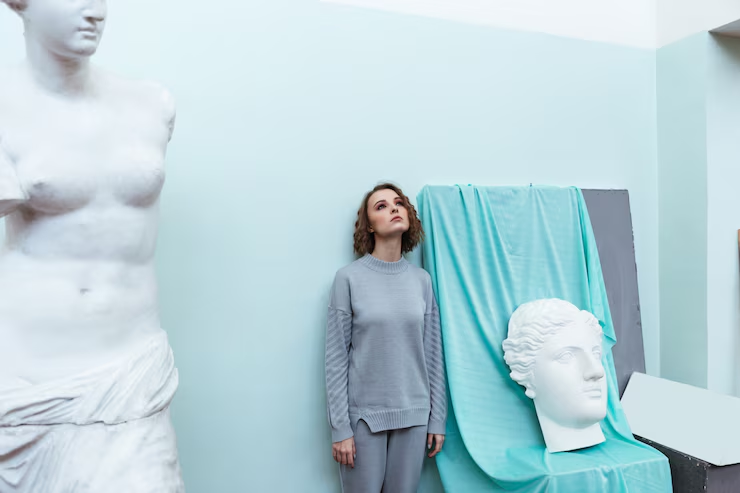
The psychology of fashion is the study of how clothing affects our behavior, self-image, and interaction with others. It connects fashion with emotion, cognition, and social signals. Research shows that the clothes we wear can influence our confidence, creativity, and even performance.
For example, studies on “enclothed cognition” have shown that people wearing lab coats perform better on concentration tasks — proving that attire can affect not just how others see us, but how we see ourselves.
What Your Style Says About You
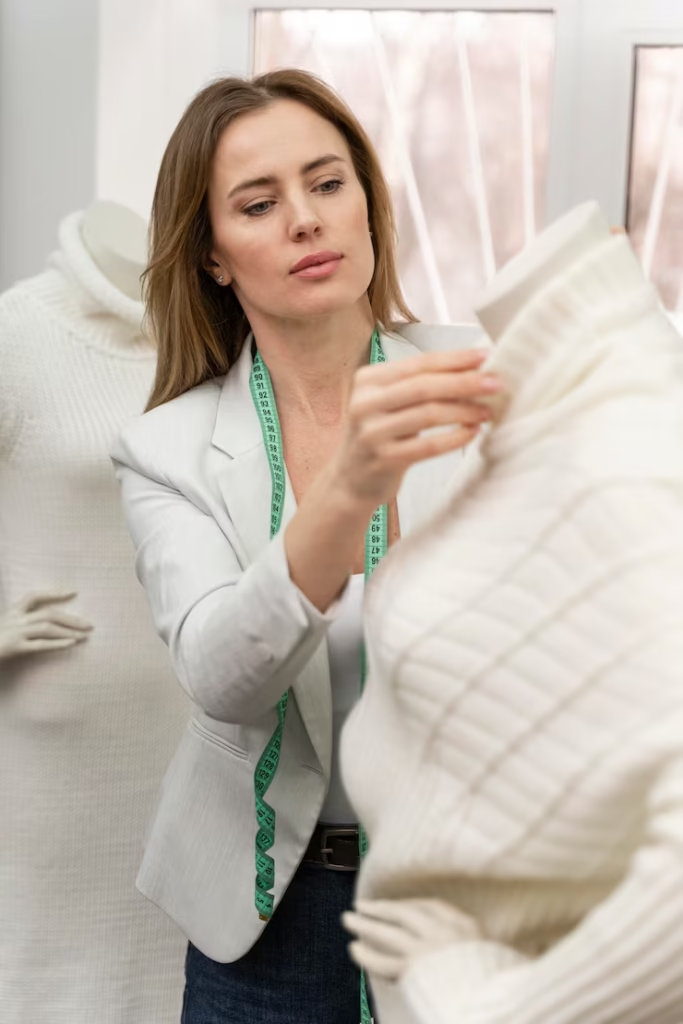
Let’s break down what different fashion choices can suggest about your personality:
1. Bold Colors and Patterns
Wearing vivid hues or standout prints often reflects confidence, creativity, and a desire to be noticed. These individuals are usually outgoing and unafraid of making a statement.
2. Minimalist and Neutral Outfits
Those who gravitate toward sleek, simple lines and a neutral palette often value order, functionality, and sophistication. This style reflects an organized mind and understated elegance.
3. Vintage or Retro Pieces
Choosing fashion from decades past may indicate a nostalgic personality or someone who values individuality and history. It can also show creativity and a love for storytelling.
4. Athleisure and Comfort Wear
People who prioritize comfort and athletic styles often seek practicality, wellness, and balance. They may lead active lifestyles and prefer function over form.
5. High-End Labels and Designer Looks
This often signals status-consciousness, ambition, or a desire to project success. It can also reflect a strong appreciation for craftsmanship and design.
How Fashion Affects Your Emotions
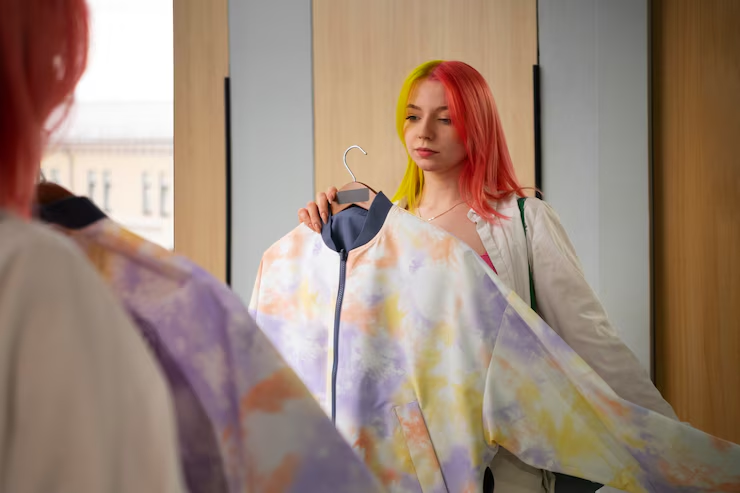
Your outfit choices not only speak to others but also impact your internal state. Wearing something that makes you feel confident can lead to better posture, a more assertive attitude, and increased happiness. On the other hand, wearing something that feels out of character can lead to discomfort or anxiety.
Fashion also plays a role in mental health. People experiencing depression or low self-esteem often disengage from dressing well, while uplifting clothing choices can aid in mood improvement.
The Social Side of Style
In a society driven by visual impressions, fashion can influence first impressions and even social opportunities. The psychology of fashion teaches us that people often make snap judgments based on appearance — from perceived professionalism to trustworthiness.
Fashion is also used to bond with others. From subcultures to friend groups, shared styles create a sense of belonging and identity.
FAQs About the Psychology of Fashion

A: Yes. Studies show that wearing clothing that aligns with your identity and feels good can elevate your mood, reduce anxiety, and boost confidence.
A: Dressing in a polished, professional way often signals reliability, responsibility, and ambition. It can also enhance the wearer’s own focus and motivation.
A: People form opinions within seconds, and attire plays a big role. Style influences perceived personality traits like trustworthiness, confidence, and sociability.
A: Absolutely. Changing your style can help reshape how you view yourself, helping you embody new roles, attitudes, or phases of life.
A: Yes. For example, red often conveys passion or power, black signals sophistication or authority, and blue tends to suggest calmness and reliability.
Final Thoughts
Understanding the psychology of fashion can help you make more intentional wardrobe decisions that align with who you are — or who you aspire to be. Clothing isn’t just about trends; it’s a mirror of your inner world, a communication tool, and a powerful force in shaping how you feel and how others see you. So the next time you pick an outfit, ask yourself: What am I really saying?

